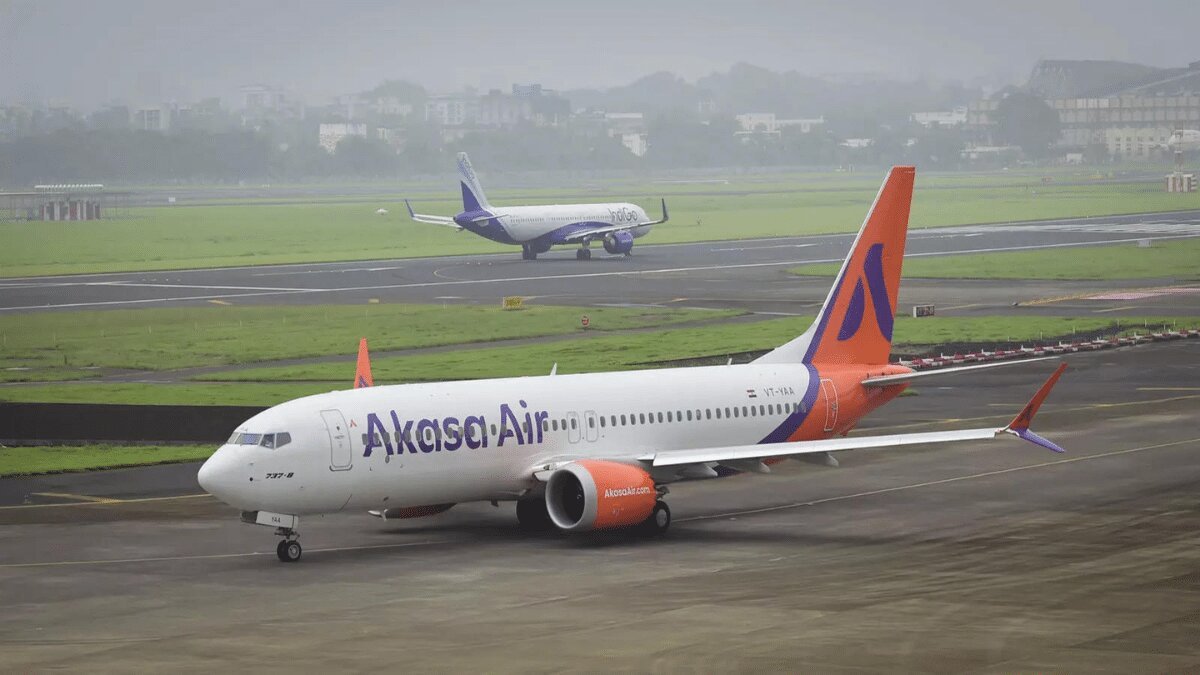Vinay Dube, the CEO of Akasa Air, has refuted claims of a pilot shortage within the airline despite the recent spate of flight cancellations. Over 10 flights were abruptly grounded on Sunday, coincidentally Dube’s birthday, due to purported pilot unavailability. However, Dube swiftly quashed speculation, asserting that Akasa Air boasts a surplus of pilots, with more than double the required workforce to efficiently operate its existing fleet.
In a statement addressing the disruption, Dube clarified, “I would like to clarify that we do not have a shortage of pilots. Akasa Air is sufficiently staffed with over 600 pilots, enough to operate more than double the size of our current fleet.” He underscored the airline’s reputation as India’s most dependable and punctual carrier since its inception, reaffirming its unwavering commitment to delivering a reliable service to its customers.
Despite Dube’s assurance, questions linger regarding the circumstances leading to the sudden flight cancellations and the reported dissatisfaction among Akasa Air pilots who claim to have been pressed into service at short notice. The discrepancy between the CEO’s assertion of surplus staffing and the operational challenges faced by the airline remains a point of contention.
Akasa Air, which commenced operations in August 2022, has rapidly established itself as a prominent player in India’s aviation landscape. With a fleet comprising 23 Boeing Max aircraft and an additional aircraft en route, the airline has quickly gained traction, catering to the burgeoning air travel demand across the country. Since its inception, Akasa Air has served over 6.3 million passengers, connecting 20 cities spanning the length and breadth of India, including major hubs such as Mumbai, Delhi, Bengaluru, and Kolkata.
The airline’s ambitious growth trajectory is further evidenced by its substantial order of 226 Boeing 737 MAX airplanes, equipped with CFM’s fuel-efficient LEAP-1B engines. This strategic investment underscores Akasa Air’s commitment to modernizing its fleet and enhancing operational efficiency to meet the evolving demands of the Indian aviation market.
As Akasa Air grapples with the fallout from the recent flight disruptions, stakeholders remain vigilant, awaiting further clarity on the airline’s operational challenges and its efforts to address them effectively. The incident serves as a poignant reminder of the delicate balance between workforce management and operational resilience in the aviation industry, underscoring the need for proactive measures to uphold safety and service standards amidst dynamic operational environments.


